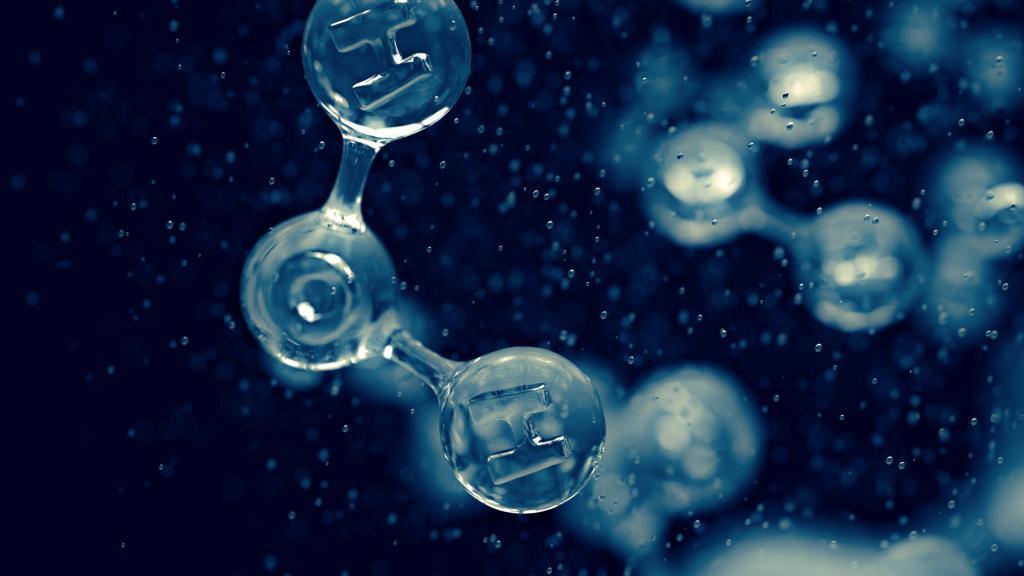Hydrogen Production
Many people envision the hydrogen economy as part of our clean-energy future. When hydrogen gas reacts with oxygen, it releases energy that machines (like cars) can use. The only byproduct is pure water. Hydrogen can be burned in internal combustion engines or turned into electricity through fuel cells.
Nuclear technology is well-positioned to overcome today’s challenges in producing hydrogen gas. Today, almost all hydrogen is produced from fossil fuels, which results in the release of a significant amount of carbon dioxide, a greenhouse gas. The primary methods of “cracking” water to generate hydrogen consume too much energy to be practical without a high-quality source of clean and affordable energy, such as nuclear power.
Another difficulty involves storing the gas. As the smallest molecule, hydrogen can leak through most substances.
Nuclear technologies make hydrogen gas a more practical fuel for a low-carbon energy system. Nuclear power plants generate the electricity needed to crack water and produce hydrogen without the harmful emissions that come from burning fossil fuels. Next-generation nuclear reactors could crack water directly, potentially revolutionizing the economics of producing hydrogen gas.
With six decades of experience in handling hydrogen, Canadian Nuclear Laboratories (CNL) launched a Hydrogen Isotopes Technology Laboratory in 2015 to research methods to make clean hydrogen production more practical and less expensive.
Recent developments in small modular reactors (SMRs) may also help overcome hydrogen’s storage problem. Rather than transporting hydrogen over long distances, producers could generate hydrogen in any community large enough to host an SMR, cutting transportation costs.
Economically producing hydrogen could lead to a new era of hydrogen-powered vehicles, which would generate minimal emissions compared to today’s fossil-fuel transportation sources.

